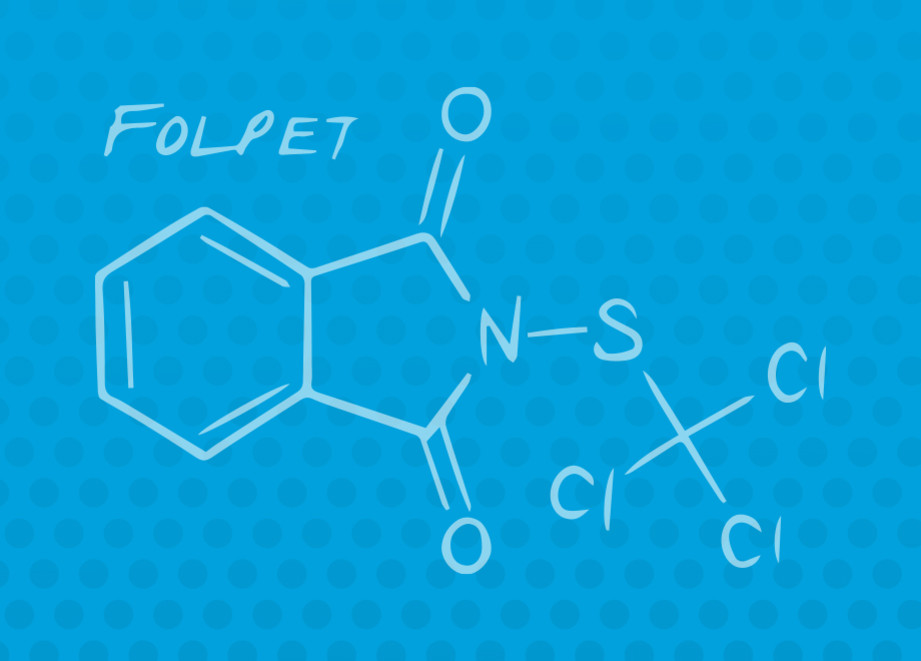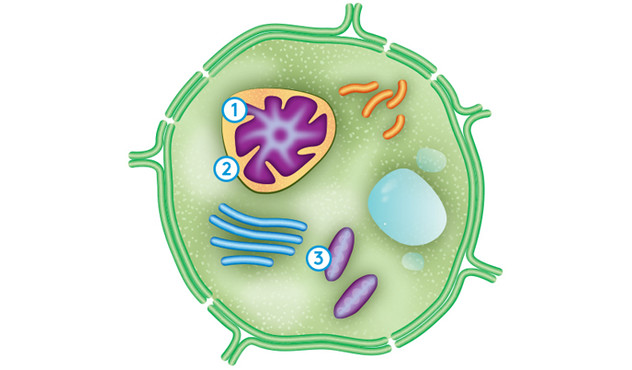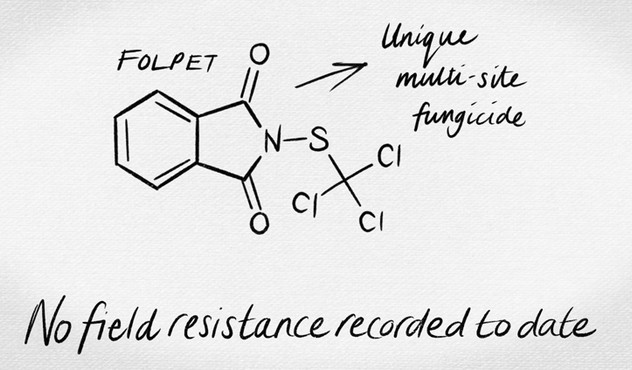
The Importance of Multi-Sites
Future-Proof Your Cereal Disease Control with Multi-Sites
With mounting resistance to single-site SDHI and DMI chemistries the effective control of wheat and barley diseases is becoming increasingly difficult. ADAMA is advocating the inclusion of multi-site protectant PHOENIX® Fungicide (PHOENIX) in all cereal crop protection programmes – not just to ensure crops are adequately protected, but also to prolong the effective lifetime of at-risk single-site products.
Where Are We Now?
In recent years, the efficacy of some of the principal wheat and barley ‘single-site’ fungicides (SDHIs and DMIs) has been eroded by mounting disease resistance. Meanwhile, the few new chemistries, which are on the horizon are all single-site actives. They too are at risk of being made ineffective by sensitivity shifts and disease resistance. Therefore, growers cannot rely solely on new active ingredients to provide effective crop protection in the future.
With these factors making effective disease control harder to achieve, it is critical to establish effective fungicide programmes and increase the diversity of spray programmes by including multi-site protectant PHOENIX (folpet) as an alternative mode of action. PHOENIX not only provides effective control of Septoria in wheat and Ramularia and scald in barley, but also safeguards the long-term efficacy of single-site fungicides by slowing the rate of further sensitivity shifts.
Implementing integrated disease management strategies such as selecting disease resistant varieties, instigating cultural and rotational changes to prevent the spread of disease are also recommended.

PHOENIX - The Essential Multi-Site Fungicide
PHOENIX acts on multiple bio-chemical pathways within a pathogen and is therefore less susceptible to disease resistance. Therefore, it remains unaffected by sensitivity shifts and continues to provide good levels of efficacy.
Modelling worked carried out by ADAS UK in 2019 shows that the inclusion of folpet as a mixture partner significantly prolongs the effective life of prothioconazole (DMI) and doubles the life expectancy of fluxapyroxad (SDHI).
PHOENIX acts on multiple bio-chemical pathways making it less susceptible to resistance (see cell diagram):
- Spore germination inhibitor
- Cell division inhibitor
- Reduces energy production in mitochondria
PHOENIX is the ideal tank-mix partner for SDHIs and DMIs like BOLIDE®, STELLAR® and PROTHAGO®. It is a highly valuable tool for managing resistance and protecting and prolonging the lifespan of medium to high resistance risk, single-site fungicides.





